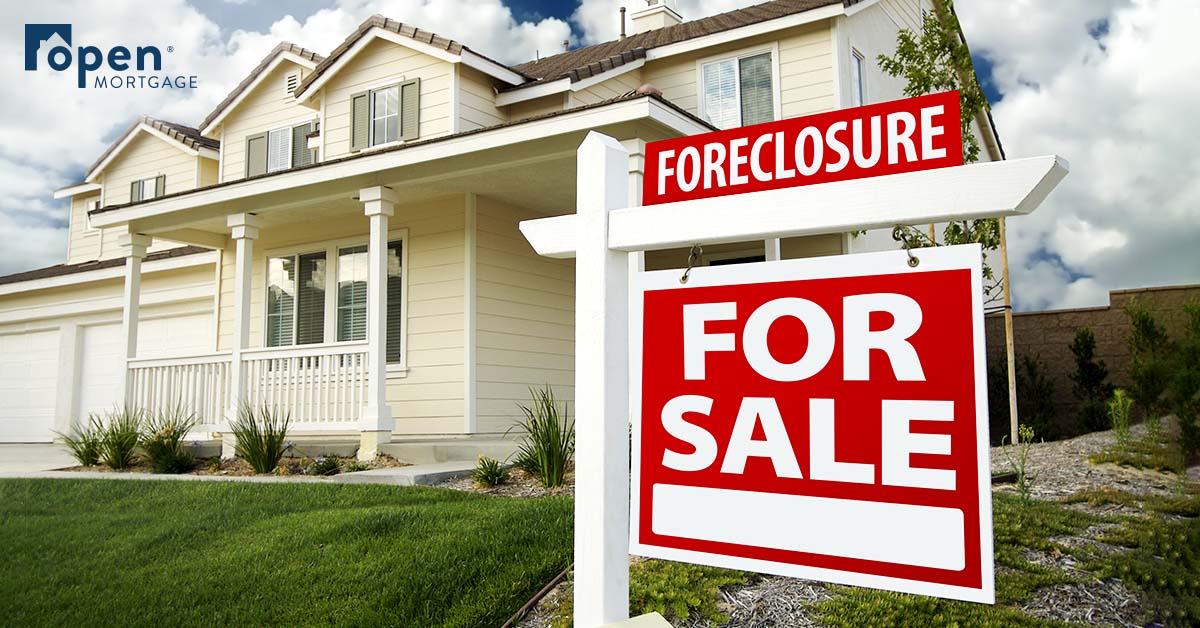
Financing a Foreclosure Purchase
Limited housing inventory has buyers considering all of their options when looking for a home. Among them are homes that were recently foreclosed on or headed in that direction. While these properties can appeal to those hoping to find a bargain or searching for a fixer-upper, completing the purchase can be trickier than a traditional sale.
Types of Foreclosures
In most cases, foreclosures will fall into one of two categories. An individual homeowner may still own them, or they could have already reverted to a lender or a government entity. The exact status can have a tremendous impact on the purchase options.
Pre-foreclosure properties are headed for default but listed by the owners in advance of foreclosure proceedings. Short sales are properties whose owners may or may not be behind on their mortgage payments. However, the value of these homes is often less than the amount owed on the mortgage. If the owner faces a hardship, the bank may agree to a sale that won’t fully repay the loan.
In the other instances, a foreclosure is completed, and the lender takes ownership. Some may be sold at auction almost immediately, while others can become Real-estate owned (REO) properties. If the federal government guaranteed the previous loan, they are likely to be listed for sale by brokers working for those agencies that backed it.
Loan Options
In the world of foreclosures, cash purchases are not uncommon. The conditions required by a bank for a short sale can be strenuous, and they are notoriously slow to respond to offers, typically preferring the simplicity of a cash transaction. Similarly, homes that hit the auction block are often limited to cash-only buyers.
In the cases of pre-foreclosures and houses owned by the lender or government, obtaining a mortgage is a more reasonable possibility. Still, a traditional mortgage may not be your best option. If the property needs substantial repairs, 203(k) renovation loans can offer the funds to purchase and pay for improvements with a single loan. While this type of funding can come with a higher interest rate and requires the added cost of mortgage insurance, it’s worth exploring if you don’t have the cash to pay for major repairs.
Foreclosure-specific loan programs are also available, but eligibility typically depends on the property and location. These programs, such as HomePath Ready Buyer and HomeSteps, offer financial assistance and unique terms to buyers considering a foreclosure.
Risks to Consider
Foreclosures can be an excellent opportunity for buyers looking for value and the ability to build equity quickly. However, the likelihood of encountering hurdles during the transaction or after closing can be much higher. Often, it’s a path that requires more patience than a traditional purchase and one that benefits from an emphasis on due diligence.
Begin the process by speaking with the lending experts at Open Mortgage. You’ll also find helpful resources on financing options and home repair on our website. Call or click today to learn more.





